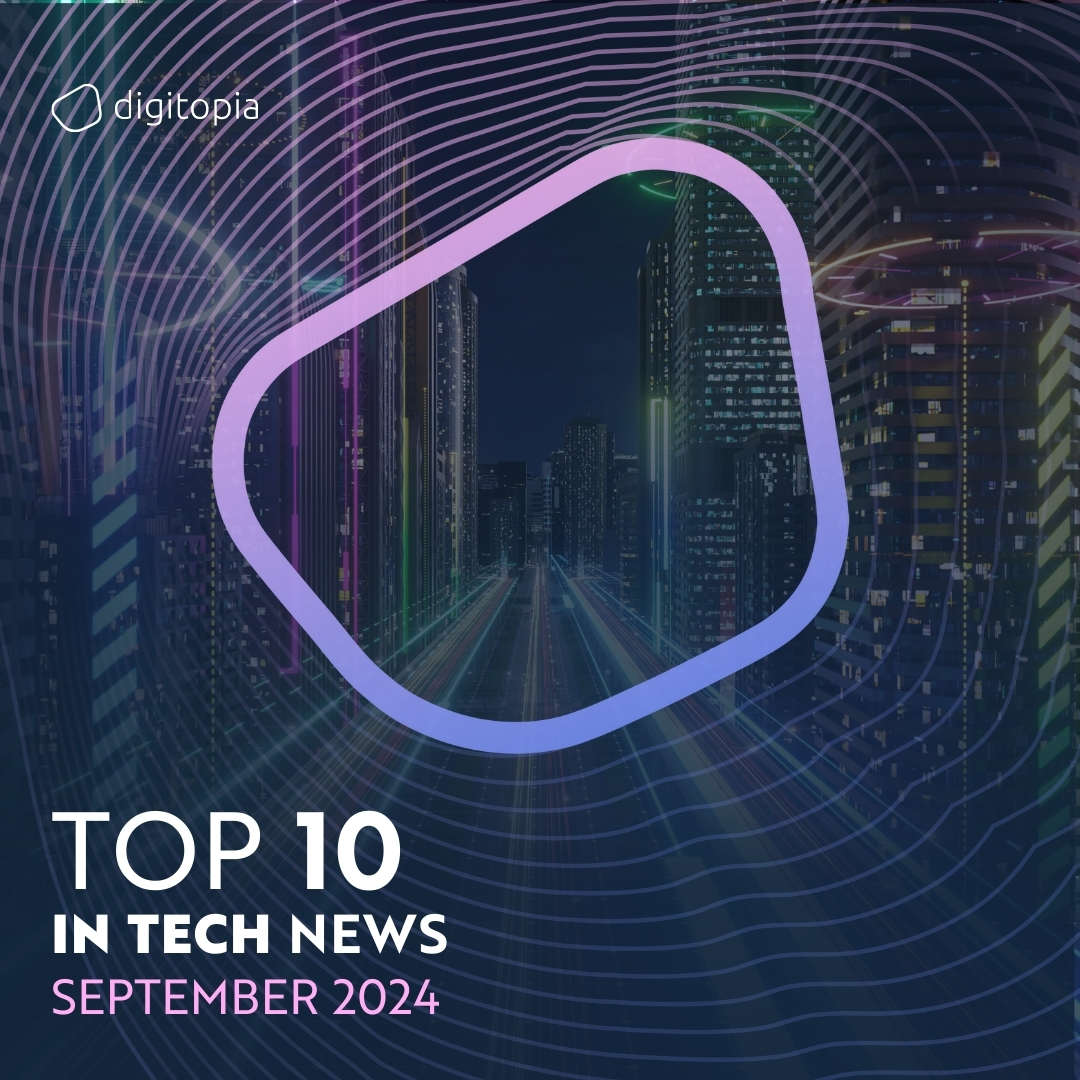
1- It’s the robot we were all expecting – like C3PO’: why aren’t humanoids in our homes yet?
Despite advances in AI, physical robots, like humanoids, lag behind due to technical and safety challenges. Robots such as Boston Dynamics’ Atlas and Tesla’s Optimus are designed to mimic human abilities, but are still largely confined to specific, controlled environments like factories. Key limitations include robot dexterity and physical capability, with most unable to perform complex or delicate tasks humans excel at. Researchers believe robotics is crucial to achieving artificial general intelligence (AGI), but widespread, multipurpose robots, such as those for home use or elderly care, remain years away from becoming practical solutions.
Source: The Guardian
2- When robots can’t riddle: What puzzles reveal about the depths of our own minds
AI excels at recognizing patterns and performing complex tasks, but still struggles with abstract reasoning and basic logic puzzles that are simple for humans. Researchers like Filip Ilievski and Xaq Pitkow study AI’s ability to solve riddles and logic problems, revealing that while AI can outperform humans in some areas, it often falters in others, especially when common sense is needed. These studies also explore the connections between AI and human cognition, aiming to improve both AI technology and our understanding of the brain. However, despite advancements, AI’s reasoning abilities remain limited compared to human intuition.
Source: BBC
3- Microsoft hosts cybersecurity summit after global IT outage
Microsoft held a cybersecurity summit in response to a major IT outage caused by a faulty software update from CrowdStrike in July 2024, which affected 8.5 million Windows devices and disrupted various industries. The summit, hosted at Microsoft’s Redmond headquarters, aimed to address concerns about the vulnerability of IT systems and the risks of over-reliance on a single vendor for security solutions. Delta Air Lines is pursuing legal claims against both CrowdStrike and Microsoft due to the financial impact of the outage.
Source: Reuters
4- Apple Unveils New iPhones With Built-In Artificial Intelligence
At its 2024 event, Apple unveiled the iPhone 16, its first phone featuring generative AI, branded Apple Intelligence, which enhances tasks like message sorting and photo identification. The company also introduced the Apple Watch Series 10, with a thinner, brighter display, and upgraded AirPods with noise reduction features. Despite AI advances, the iPhone’s features are initially limited, with more capabilities rolling out over time. Analysts predict AI integration could boost sales significantly, while challenges arise due to region-specific AI demands and data localization.
Source: NY Times
5- Intel needs to pay billions after lost patent lawsuit
Intel has been ordered to pay $2.18 billion to VLSI Technologies for infringing two processor-related patents. VLSI, which no longer manufactures products, acquired these patents through NXP Semiconductors after a series of takeovers. Intel disputes the ruling, calling the payment disproportionate and arguing that VLSI had not used the patents for over a decade. Despite the substantial fine, Intel reduced its liability by arguing it was unaware of the patents, but the company may still contest the verdict.
Source: Techzine
6- Cybersecurity needs AI as much as AI needs cybersecurity
The cybersecurity industry is increasingly integrating AI, especially with the rise of generative AI (GenAI), which has sparked both excitement and confusion. While AI’s role in cyber defense has been established for over a decade, the recent advances in GenAI have brought new capabilities for security tools and threat detection. Fortinet emphasizes the importance of AI-driven automation in countering cyber threats and highlights its AI-powered Security Fabric, which helps detect zero-day threats. The future of cybersecurity is expected to involve more autonomous AI-based defense systems.
Source: Techzine
7- YouTube Shorts to integrate Veo, Google’s AI video model
At YouTube’s “Made On YouTube” event, the company announced the integration of Google DeepMind’s AI video model, Veo, into YouTube Shorts. Veo allows creators to generate high-quality backgrounds and six-second clips, enhancing Shorts’ AI capabilities beyond the 2023 “Dream Screen” feature. Other updates include automatic dubbing in more languages, AI-generated thumbnails, new livestream features like “Jewels,” and expanded Community hubs. YouTube also introduced AI tools in YouTube Studio to help creators brainstorm ideas and respond to followers with AI-assisted comments.
Source: Techrunch
8- The iPhone 16 launches today without its most hyped feature: Apple Intelligence
The iPhone 16, launching with promises of advanced AI capabilities, faces delays in delivering its most hyped features, which won’t be available at launch. Apple aims to compete with rivals like Google and Microsoft, emphasizing privacy as a key selling point. Some AI functions will be available starting in October, but full capabilities, including language support, are expected by 2025. Early adopters may face gaps in promised features, raising concerns about whether users will hold off on upgrading or wait for future models like the iPhone 17.
Source: Techrunch
9- Enhancing automotive security to prepare for the EV revolution
Following Labour’s 2024 election win, the UK reaffirmed its commitment to phase out new gas and diesel cars by 2030. However, the country risks missing its electric vehicle (EV) sales targets. Alongside the EV push, cybersecurity concerns grow as vehicles become more interconnected. Initiatives like the SERMI scheme aim to standardize secure access to vehicle data for independent repair shops. The program, supported by Digidentity’s Trust Centre, ensures that sensitive information remains protected, aiding the automotive industry’s transition toward a zero-emission future.
Source: Tech Radar
10- AI chatbots must learn to say ‘help!’ says Microsoft executive
In a recent statement, a Microsoft executive emphasized that AI chatbots need to learn to ask for help when they face limitations. This would improve their usefulness by guiding users to human assistance when the bots can’t solve complex queries. As chatbots become more integrated into daily tasks, managing expectations and ensuring smooth handoffs to human support will be crucial to enhance customer service and trust in AI-driven solutions.
Source: Economic Times

